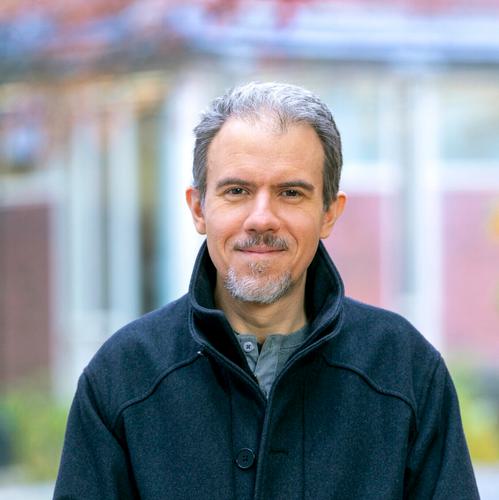
Wes Watters
Associate Professor of Astronomy
Planetary scientist who studies impact cratering and landscape evolution, while teaching courses about the geology and climates of rocky and icy worlds.
Planetary scientist who studies impact cratering and landscape evolution, while teaching courses about the geology and climates of rocky and icy worlds. Prof. Watters is also engaged in search for technosignatures and with understanding the role of anomalies in the history of science.
Education
- B.S., Massachusetts Institute of Technology
- M.S., Massachusetts Institute of Technology
- Ph.D., Massachusetts Institute of Technology